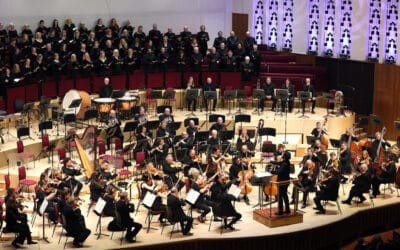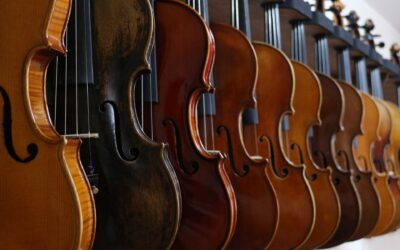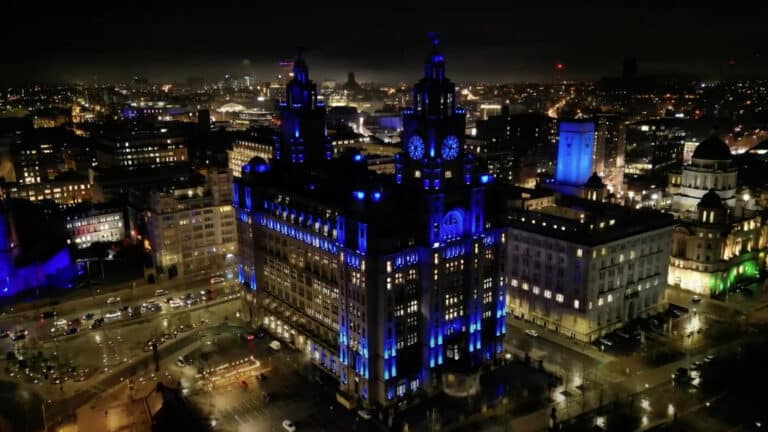Liverpool City Council, the University of Liverpool and The Royal Liverpool Philharmonic Orchestra have combined to create a piece of AI-written music to promote clean air policies in cities.
Dr Jonny Higham from the University of Liverpool, in partnership with Liverpool City Council, has led the development of one of the UK’s largest city-wide air quality monitoring networks.
This pioneering work has generated a unique dataset, transformed into a musical composition using AI technology.
READ MORE: Meta doing a Twitter? Zuckerberg new Musk? Industry reacts
The Liverpool Philharmonic String Quartet has now brought this data to life in an incredible performance, merging science and art in a truly unique way, and the piece was performed live by students from the University of Liverpool’s Music Department at the waterfront, with buildings were lit up in blue to mark the occasion, as part of Clean Air Night.
Across the city region, air quality varies significantly throughout the year, with multiple breaches of the stringent 5 µg/m³ daily average recommended by the WHO, as is common in large urban areas. The musical composition is crafted to reflect this.
The instruments come together harmoniously in some sections and transition to atonality to symbolise periods of increased pollution. The piece contains 365 notes, each representing a single day of 2024, capturing the region’s air quality journey over the year.
The City of Liverpool is positioning itself as a leader in urban environmental action.
Liverpool City Council is committed to creating a cleaner, healthier, more sustainable city through a range of initiatives.
This includes implementing 65 School Streets to reduce traffic near schools, supported by camera enforcement, and transitioning the council’s vehicle fleet from diesel to electric, boosting both air quality and progress toward net-zero emissions.
A comprehensive Clean Air Plan is also underway, outlining clear actions to reduce roadside nitrogen dioxide levels.
Further, the council’s Active Travel Plan will enhance walking and cycling infrastructure across the city, with new routes, improved wayfinding, and additional bike parking, ensuring residents benefit from safer and more sustainable travel options.
Councillor Liam Robinson, leader of Liverpool City Council, said: “The creation of music from air quality data is a really creative way of highlighting where we are in our plans to improve air quality throughout Liverpool.
“The impact on residents’ health, particularly children, is important to remember. That’s why I’m proud of the work we are already doing as a council to reduce the pollutants in our atmosphere. These are projects that will benefit everyone in the city and ensure we have a city that is healthy and thriving.”
Dr Jonny Higham, from the University of Liverpool, added: “For the last five or six years I’ve been working to build an air quality network in collaboration with Liverpool City Council and Alder Hey Children’s Hospital.
“Across the whole of the city so we’ve now got 55 air quality sensors and we analyse the air quality across the whole of the city.
“Clean Air Night is to get us thinking a little bit about what we can do to reduce our pollution. Music that we’ve created from our data by converting it using artificial intelligence has been performed live and also we’ve had the Philharmonic string quartet perform it too.
“It’s been brilliant project helping to communicate the importance of air quality.”














